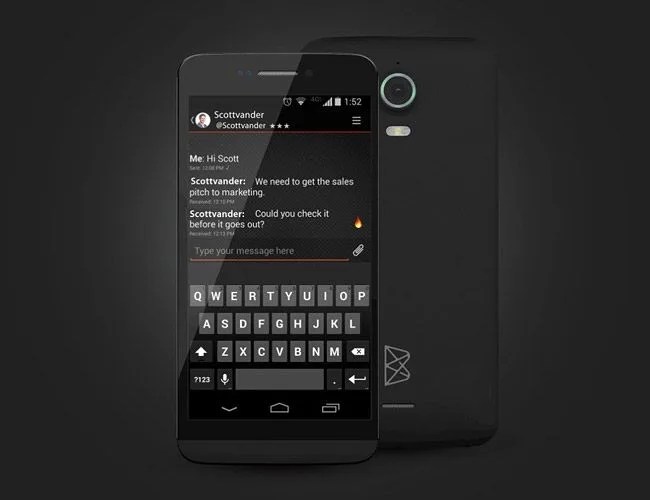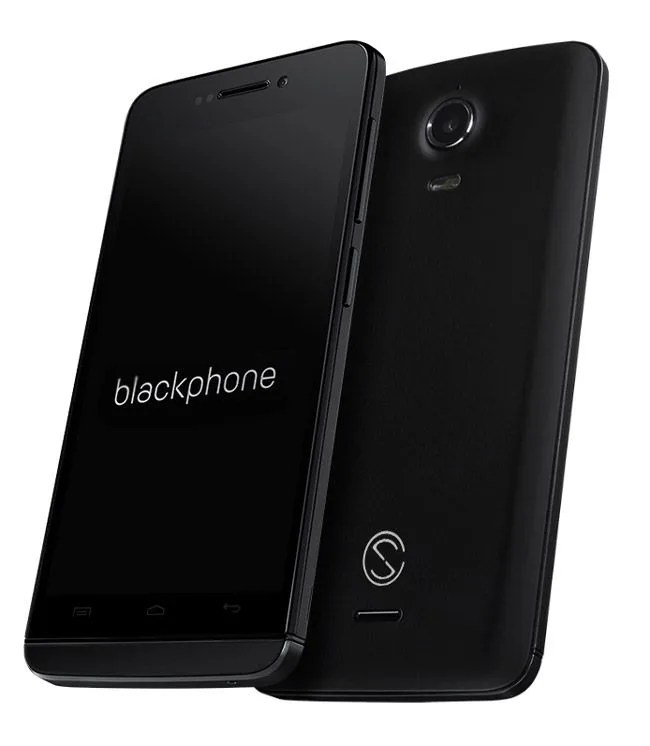For years, people relied on a fleet of BlackBerry phones to keep their communications from falling into the wrong hands. It was the gold standard in smartphone security, but by and large, that selling point only mattered to Fortune 500 companies with plenty to lose. Today, BlackBerry owns less than 1 percent of the global smartphone market, but as fate would have it, the company’s insistence on keeping private items out of public hands is what’s keeping it afloat. And, security may be trending, as seen with then new Blackphone 2 ($649).
Announced last month at Mobile World Congress in Barcelona, Silent Circle’s latest handset offers nothing that your average Android phone doesn’t already have — a 5.5-inch full HD display, 3GB of RAM, a speedy Qualcomm processor. It even looks average. The reason it exists, however, is its software. Utilizing a modified version of Android dubbed PrivatOS, it’s unequivocally the most secure smartphone an average civilian can buy. Everything — from calls to messaging to email — is encrypted. But at $649, the phone’s hardly a bargain, and it beyond the encryption, the features are standard at best.
Which got us wondering: where’s the security demand coming from?
Paranoid Android
Radiohead called it back in 1997, but it’s taken nearly a score for the rest of us to heed the warning. What we’re witnessing is a cavernous divide in society. You’ve got the share-everything crowd — replete with those who never hesitate to push their every thought onto a public network — and the overly concerned crowd. Since Edward Snowden obliterated every preconceived notion we’ve ever had of perceived privacy, an increasing number of mainstream phone users have found themselves concerned with the safekeeping of their information. Couple that with what feels like an endless stream of breaches (Target, Chase, Home Depot, etc.), and one thing has become crystal clear: maintaining your privacy is a matter best handled by you.
Hence, the need for Blackphone 2. The fact that we’re talking about the second iteration of such a device is proof that there’s bubbling demand for a smartphone that doesn’t take chances. While Silent Circle receives most of its current revenue from large companies, it’s seeing increasing demand from average citizens. The phone is said to be impossible to hack — because everything it does is encrypted. So, even if lost or compromised, the data cannot be read without a number of unlocks from the original owner. If the data were any tougher to crack, the phone would be infeasible to actually use.

